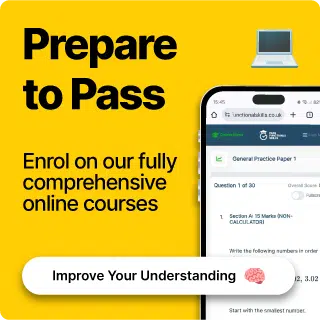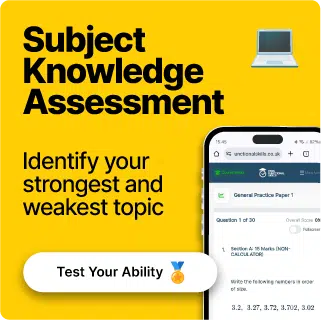Reading: Formality and Bias
Formality and Bias
You will have to tell the difference between formal and informal language and know how to use both appropriately.
In conversation, the speaker must consider who they are speaking to and adjust their tonal register accordingly.
You will have to know what bias is and why it is important to look out for.
Make sure you are happy with the following topics before continuing:


Formal language
Formal language is the language used in professional settings.
Some features of formal language include:
Full sentences
Example:
“Your proposal to improve the road conditions is a very good idea.”
Instead of just replying in a short phrase such as ‘Yeah, good idea!’, it is always best to write in full sentences when writing formally.
No contractions
Example:
“I should have called you back sooner.”
This sounds more formal than using the contraction ‘should’ve’.
Correct grammar
For example:
“Hi Holly Stir, please can I return the clothes that were sent to me? They do not fit properly.”
This example sentence contains:
- Capital letters for names and at the start of the sentences
- A comma in the right place after the introduction
- A question mark after a question has been asked
- A full stop to show that the sentence has ended.
Some examples of situations where formal language would be most appropriate include:
- A job interview/application
- A student talking to a teacher
- A business email/enquiry
Follow Our Socials
Our Facebook page can put you in touch with other students of your course for revision and community support. Alternatively, you can find us on Instagram or TikTok where we're always sharing revision tips for all our courses.
Informal language
Informal language is the language used in less serious situations.
Some features of informal language include:
- Improper sentences
- Contractions
- Use of slang
For example:
Yo Matt Allan what you saying. That party last night was lit!
In informal language, you have more freedom with what you say – you don’t have to conform to grammatical rules or use sophisticated language.
Some example of situations where informal language is most appropriate include:
- Talking to friends and family
- Emailing/messaging someone you know already
- Writing a greetings card
Note:
When messaging someone you do not know or haven’t met before, it is always best to use formal language!
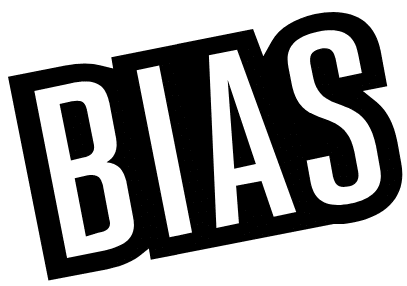

Bias
Bias is the term used when an author states their own opinion and disregards all other points of view.
Biased language could contain exaggerations and sarcasm to bolster the author’s viewpoint.
It is important to look out for bias as the text could give a distorted version of the truth.
Understanding the writer’s point of view and argument will help to work out what is biased.
An example of bias would be:
A company advertising and promoting their products
Of course it’ll be one-sided – they’re not going to criticise their own products!
For example:
Our hotel is the best in London – it has the comfiest beds and the best views of the city!
This is bias – the statement contains opinions (these can’t be proved!) and exaggerations in order to appeal to guests!
Additional Resources
Exam Tips Cheat Sheet
FS Level 2Specification Points Covered
L2.13 – Identify implicit and inferred meaning in texts
L2.14 – Understand the relationship between textual features and devices, and how they can be used to shape meaning for different audiences and purposes
L2.17 – Analyse texts, of different levels of complexity, recognising their use of vocabulary and identifying levels of formality and bias
L2.19 – Identify different styles of writing and writer’s voice
Reading: Formality and Bias Worksheet and Example Questions
Reading: Formality and Bias L2
FS Level 2NewOfficial PFSRevision Products
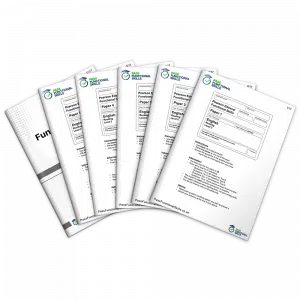
Functional Skills English Level 2 Practice Papers
This comprehensive set of 10 Functional Skills English Level 2 Practice Papers (5 reading papers + 5 writing) is a great way to revise for your upcoming reading and writing exams. These papers have been specifically tailored to match the structure, format and question types used by each of the main exam boards for functional skills English.
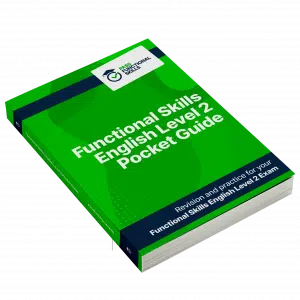
Functional Skills English Level 2 Book
Revise and practice for your functional skills English level 2 exam. All topics covered in this compact functional skills English level 2 book.
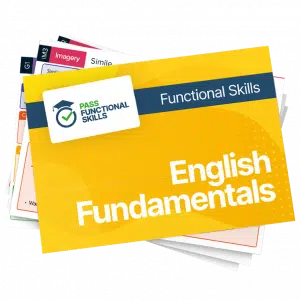
Functional Skills English Level 2 Revision Cards
Revise for functional skills English level 2, with these English level 2 fundamentals revision cards. Covering the building blocks of the essential areas of the level 2 exam.

